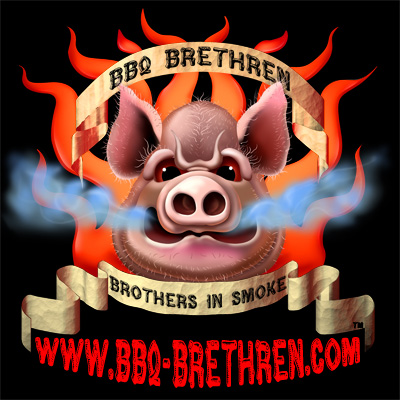I cut my BBQ teeth seemingly before long brisket hold was in vogue. When did it start and why? I can understand how it could make a "less than desirable" result a little better, ei more tender. But, if a brisket is done properly, IMHO, it should not need anything but a little rest for juices to get settled before slicing. My thought is the first two hours after a brisket is done, is when it is the best in terms of taste, juiciness, and texture.
I have not competed in BBQ contests, but wonder if the judges say, "Wow, imagine how good this would be after a 10-12 hour hold!"
My thought is that restaurants do it to accommodate cooking schedules and save labor costs. What am I missing?
I have not competed in BBQ contests, but wonder if the judges say, "Wow, imagine how good this would be after a 10-12 hour hold!"
My thought is that restaurants do it to accommodate cooking schedules and save labor costs. What am I missing?




